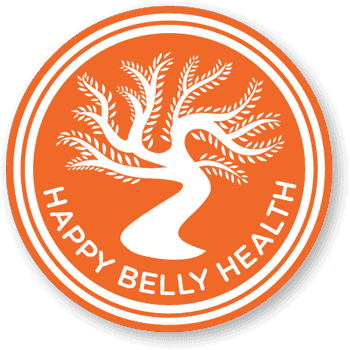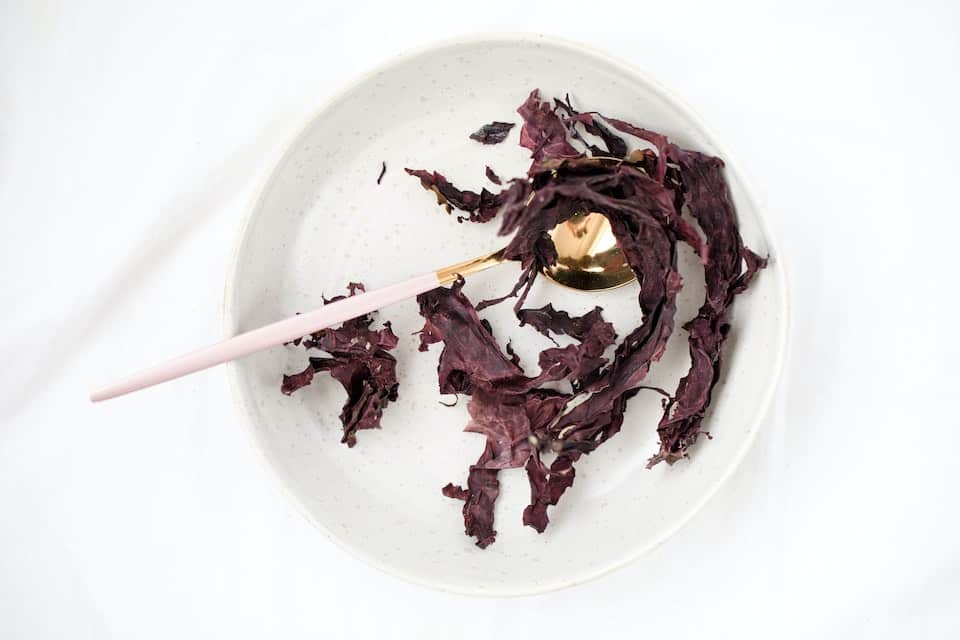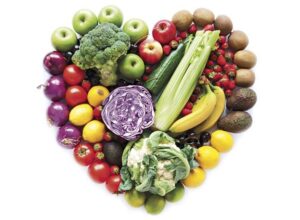In traditional Chinese healing, there is a great health benefit to eating sea vegetables. Sea vegetables correspond to the winter season and to the kidneys, adrenal glands, bladder and reproductive organs. The strengthening, balancing and cleansing properties of sea vegetables are known to help these organs as well as the hair, skin and nails.
Sea vegetables (or seaweeds) provide a variety of minerals and vitamins, including calcium, iron and iodine, and can help balance hormone and thyroid levels in the body. Eating too many processed foods or foods grown in mineral-depleted soil can result in a lack of minerals in the body, leading to cravings for salty or sugary foods.
Adding sea vegetables to your diet can help balance your energy levels and alleviate cravings and provide a great health benefit.
Here are some more common sea vegetables
- Arame: With its sweet, mild taste, it is delicious raw, sautéed alone or with land vegetables.
- Dulse: Try using dulse flakes as a condiment. Easily sprinkled on top of soups, salads and veggies.
- Hijiki: One of the most mineral rich of all sea vegetables, high calcium and protein, it tastes great flavored with toasted sesame oil, cider vinegar and tamari.
- Kelp: Use as a salt substitute or condiment in powder form.
- Kombu: Best used in slow-cooking soups, beans and stews, to both flavor and tenderize.
- Wake: Add directly to soups without soaking.
- Nori: Shred and add to soup, salad, or stir-fry. Used as the basis for sushi rolls (maki).
- Agar: Thickens with short cooking to make pudding and custard-like desserts.
Visit this link for more and a yummy recipe







